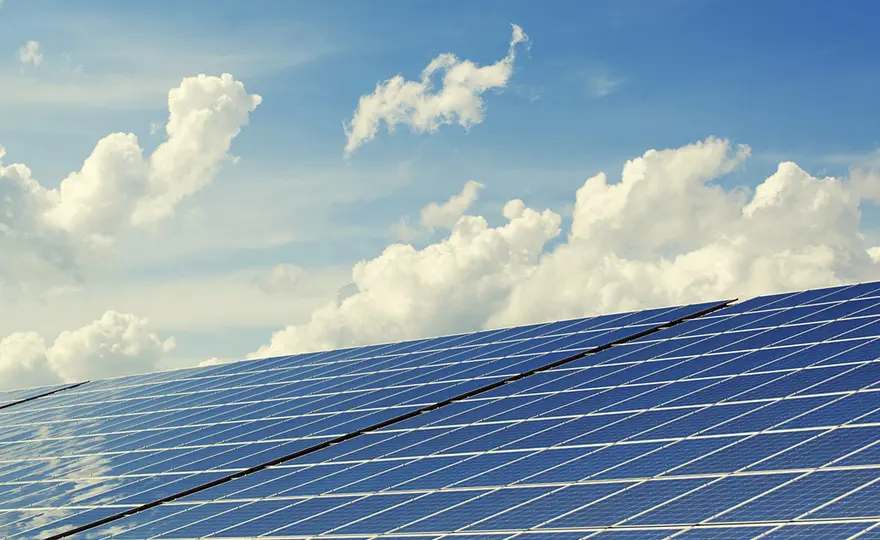ClientEarth Communications
18th December 2019


Workshop: Is the existing State aid framework in support of the decarbonisation of Europe? A critical assessment of the EU State aid framework for energy efficiency, district heating & cooling and co-generation.
When: Tuesday, 17 December 2019, 09:30-13:00, EU Liaison Office of the German Research Organisations - KoWi
Download the slides presented during the workshop
The EU's Clean Energy for All Europeans Package has significantly raised EU ambition on energy efficiency by setting an EU-wide energy target of 32.5% by 2030, revising the Energy Efficiency Directive and Energy Performance of Buildings Directive and making 'efficiency first' a guiding principle of EU climate & energy policy. Furthermore, the Commission's 2016 Heating & Cooling Strategy and the 2018 EU Long Term Strategy recognise the key role that district heating & cooling infrastructure can play in enabling the decarbonisation of heating & cooling, especially in population dense urban areas. This framework means that the EU has made energy efficiency and sustainable heating & cooling a core pillar of its overall climate and energy policy.
At the same time, a number of economic and non-economic barriers continue to prevent the full potential of energy efficiency investments to be achieved under current market conditions, even when it is cost-efficient from an individual or energy system perspective. Transitioning to a more efficient and ultimately climate-neutral heat & cool supply will require capital intensive investments into the greening of district heating & cooling networks that will be difficult for current network operators to finance under prevailing market conditions. Accordingly, the 2014 Guidelines on State aid for Environmental Protection and Energy and the General Block Exemption Regulation recognise that Member States may need to provide investment aid to meet the EU's energy efficiency targets and support efficiency improvements in both district heating & cooling networks and combined heat & power plants.
In view of the upcoming revision of the State aid Guidelines for Environmental Protection and Energy, it is important to reflect on whether and how the existing guidelines and previous decisions have supported EU efforts at decarbonisation. This workshop seeks to help structure this debate with regards to investment aid for energy efficiency measures, district heating & cooling and co-generation. Based on an analysis by Agora Energiewende and ClientEarth of several relevant case studies, participants will engage in an interactive dialogue on the appropriateness of the current State aid framework for these decarbonisation options and what could be further improved.
| 09:00 | Arrival and welcome cofee |
| 09:30 | Welcome and introduction to the workshop |
| 09:45 |
Presentation of topics: Andreas Grafm Agora Energiewende; Juliette Delarue, ClientEarth
|
| 11:00 | Coffee break |
| 11:15 |
Moderated discussion among participants Moderator: Matthias Buck, Agora Energiewende |
| 12:45 | Wrap-up and closing of workshop |
| 13:00 | End of meeting followed by a light lunch |
The project Making State aid work for the decarbonisation of Europe is part of the European Climate Initiative (EUKI) of the German Federal Ministry for the Environment, Nature Conservation and Nuclear Safety (BMU).